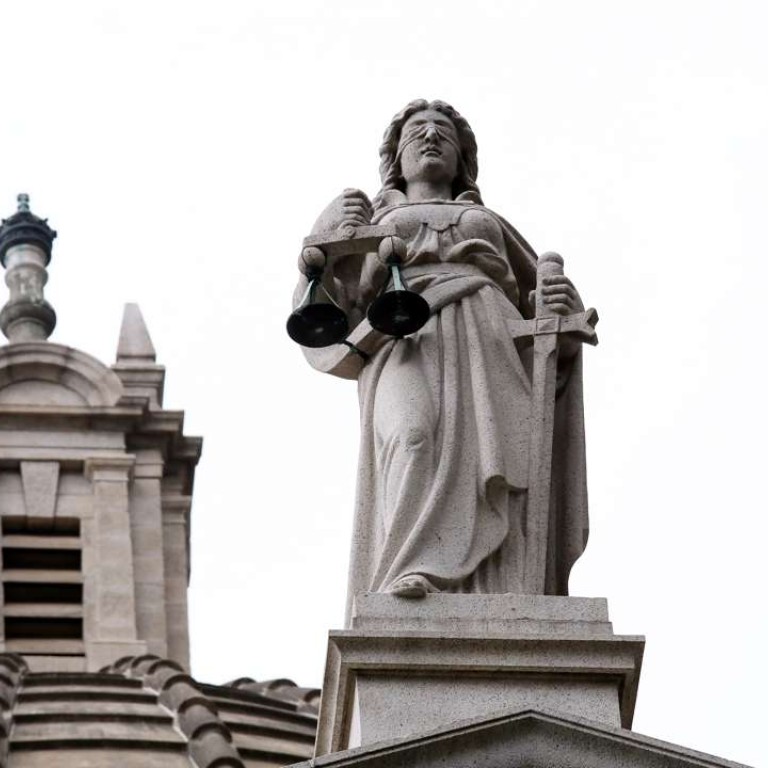
Judicial safety: a necessity, not a luxury
In the wake of the criticism faced by a Hong Kong judge who jailed seven police officers for the assault of activist Ken Tsang, Grenville Cross SC outlines the importance of judicial safety in Hong Kong
Much is said these days about the importance of an independent judiciary, but more also needs to be said about judicial security. To do their jobs properly, judges, like prosecutors, must know they are fully protected, and should not have to constantly look over their shoulders.
Integral to judicial safety is, of course, respect, but this is all too often lacking these days.
By any yardstick, this criticism was excessive, but certainly not unprecedented. Magistrates, for example, have also faced abusive attacks over their handling of prosecutions arising out of the street protests of 2014, with allegations that they were biased against the police and sympathetic to the protesters who caused mayhem on the streets in the name of democracy.
Judges are certainly not immune from criticism, but if it goes over the top those responsible may face prosecution for contempt of court, with possible imprisonment. Although this may discourage some people from abusing the judiciary, there is no sure means of quantifying what impact inflammatory language has on the more impressionable members of society, let alone the unbalanced.
In Britain, for example, where appellate judges were condemned for holding that Parliament must approve before the government can trigger negotiations for the UK to leave the European Union, and criminal and family court judges often encounter ugly situations while sitting in open court, it has been reported that there are fears over judicial safety. A recent survey by the UCL Judicial Institute revealed that 48 per cent of female and 36 per cent of male judges feared for their safety out of court, while 51 per cent of all judges who responded were concerned for their safety at court.
The survey also found that many judges (including 22 per cent of the circuit judges who try the serious criminal cases) feared for their personal safety online. As a result, the Ministry of Justice now plans to give judges training in the use of social media sites, so they can protect themselves from online abuse.
In many countries, moreover, the courts have vigorous security measures in place. At London’s Old Bailey, for example, visitors are fully screened before entering the court precincts. In Hong Kong, however, people can freely enter court buildings, without let or hindrance, and this can expose judges to possible danger, most obviously an attempt to free a prisoner standing trial. While some may hail this as “open justice”, it is, in these troubled times, also foolhardy, and the thorough checking of visitors to courts at all levels is long overdue.
In Britain, the Ministry of Justice recently revealed that large amounts of money had, against a background of rising hostility towards the judiciary, been spent on installing tighter security measures at the homes of some senior judges. It is to be hoped that the security of judges in Hong Kong is also being kept under ongoing review, with thorough risk assessments being conducted, covering both public and private situations.
As the International Commission of Jurists recognises, judges are the “primary guarantors of the rule of law and human rights”, and any risks they face from exercising their professional duties must be minimised by the authorities, if not eliminated.
Grenville Cross SC is a criminal justice analyst

